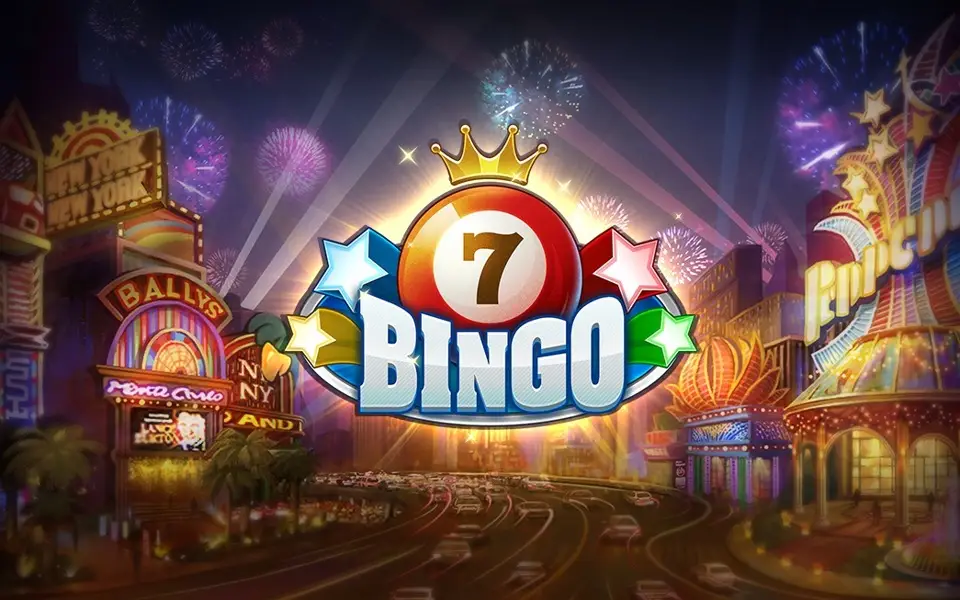How to protect yourself in an online casino is a question that directly affects the safety of your money and personal data. The world of online gambling is growing. According to H2 Gambling Capital, the global online gambling market exceeded $95 billion in 2024.
Along with the increase in turnover, fraudulent schemes are also growing: scamming, fake software, unlicensed script platforms. Proper protection starts with analyzing every element — from the license to the operation of the random number generator.
License as the First Filter
A license is the first sign that the platform operates legally and under the supervision of regulatory authorities. It confirms that the operator must adhere to fair gaming rules, protect players’ data, and undergo independent checks. Checking the license helps immediately filter out suspicious sites and reduce the risk of losing funds.
Popular regulators:
- Curacao — flexible jurisdiction, suitable for most operators;
- United Kingdom (UK Gambling Commission) — strict control, high requirements for software and financial guarantees;
- Malta, Gibraltar — known for stable standards.
A issued license confirms the operator’s commitment to undergo audits and maintain fair software. Its absence often indicates fraud and the risk of losing deposits.
Transparency of Software
Protecting yourself in an online casino involves analyzing the software. A fair platform uses licensed solutions from well-known providers: NetEnt, Microgaming, Playtech. A scripted site creates the illusion of a real slot machine but controls the results through a server.
Authenticity verification of the slot is a key step. It is necessary to study information about the developer, game version, and certificates. Official providers provide data on the operation of the random number generator (RNG) and the return to player (RTP) rate.
Random Number Generator and RTP
Protecting yourself in an online casino is impossible without understanding how the RNG works. This algorithm creates an unpredictable sequence of results. Reliable companies test it at independent laboratories like eCOGRA. The certificate confirms that each spin or hand is generated without operator interference.
RTP (Return to Player) shows the percentage of return: for example, 96% means that out of $100 in bets, the game returns $96. If a casino hides this indicator or indicates an unrealistically high percentage, there is a high probability of fraud.
How to Choose a Licensed Online Casino
Choosing a licensed online casino is important for the safety of funds and fair play. A reliable platform confirms legal operation, undergoes audits, and uses certified software.
The analysis includes several steps:
- Checking license information on the official regulator’s website;
- Studying the list of game providers and software;
- Reading reports from independent auditors, such as eCOGRA;
- Checking the verification and payout policy;
- Analyzing reviews on professional forums and platforms with real player cases.
By following these steps, a player can understand in advance how safe it is to keep funds and play on the chosen platform. This approach helps avoid fraudulent sites and choose a truly reliable and licensed casino.
Verification as Protection against Data Theft
Protecting yourself in an online casino is impossible without the verification procedure. The operator requests a passport, utility bill, or bank statement to confirm identity. This measure reduces the risk of account hacking and helps avoid money laundering through fake profiles.
It is important to ensure that data transmission is done over a secure connection (https, SSL encryption). The lack of protection can lead to document leaks and compromise of personal information.
Money Under Control
Financial discipline plays a key role. Protecting yourself in an online casino involves a careful approach to deposits. It is worth choosing platforms that offer transparent deposit and withdrawal methods: Visa, MasterCard, bank transfers, e-wallets with two-factor authentication.
A fair casino processes withdrawals without delays, provides accurate timelines and fees. Delays without explanation are a worrisome sign.
How to Protect Yourself in an Online Casino: Practical Actions
A list of practical actions for maximum security helps minimize the risk of losses and protect personal data while playing. A clear action algorithm makes the choice of a platform conscious and reduces the likelihood of encountering fraud.
Verified steps for protection:
- Checking the license on regulator websites (Curacao, United Kingdom, Malta).
- Studying software and providers: NetEnt, Microgaming, Playtech, as well as the presence of an eCOGRA certificate.
- Monitoring RTP and the presence of a verified RNG.
- Researching reputation: forums, independent ratings, player cases.
- Confirming identity through secure verification, avoiding data transmission over unsecured channels.
- Limiting deposits, using methods with additional authentication.
- Checking the fairness of payouts, paying attention to the speed of withdrawal of winnings.
Checking each of these points forms reliable protection and allows identifying platform weaknesses in advance. This approach helps play safely and maintain control over finances.
Combatting Fraud and Scamming
Protecting yourself from fraud in an online casino involves critically analyzing every detail. Scamming often manifests as fake bonuses, promises of instant winnings, inflated RTP. Fraudsters may substitute the server or use a scripted engine to control the game outcome.
Ensuring fairness involves comparing software, license, and certification data with official sources. Inconsistencies signal a risk.
Modern Security Technologies
Protecting yourself in an online casino involves using two-factor authentication, unique passwords, and separate e-wallets for deposits. Modern platforms offer activity monitoring, login notifications, and access restriction by IP.
Regulators require licensed operators to comply with data storage rules and protect financial transactions. Checking on the commission’s website shows whether the casino meets these requirements.
How to Protect Yourself in an Online Casino: Conclusions
Protecting yourself in an online casino means evaluating the license, software, RNG and RTP operation, as well as carefully handling the verification and payouts process. A smart choice of platform and adherence to basic financial security rules reduce the risk of deposit loss and data theft. This approach makes the game safer and allows focusing on the process itself, rather than combating fraud.
 en
en  ru
ru  de
de  ar
ar  es
es  nl
nl  hi
hi  fr
fr  it
it  pt
pt  el
el 












